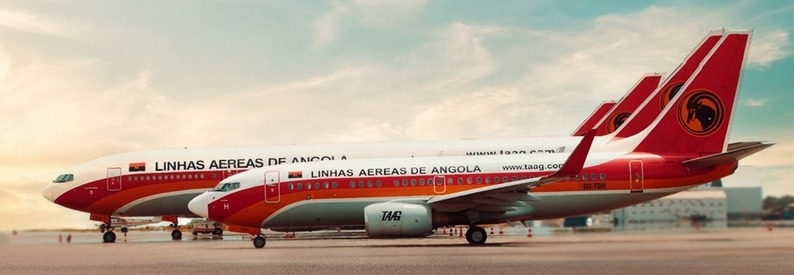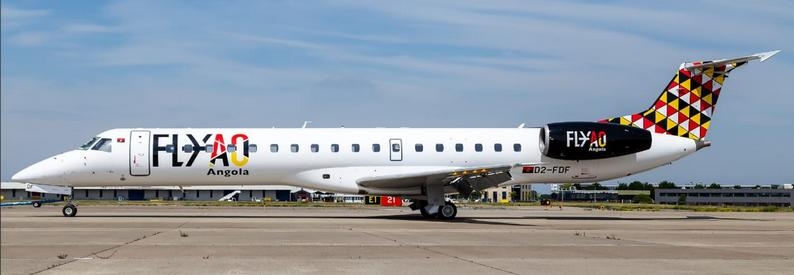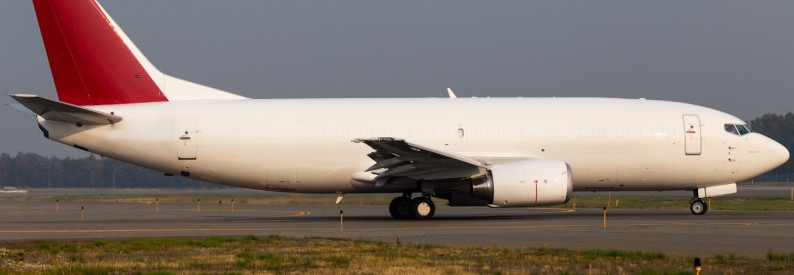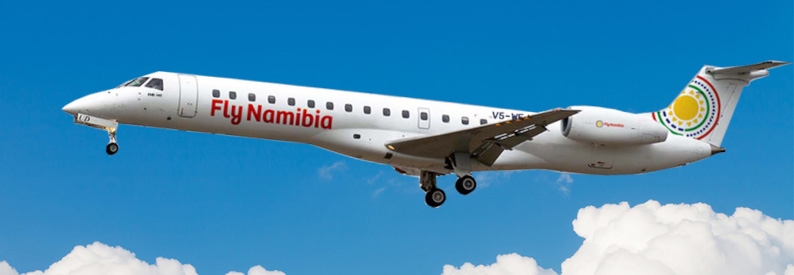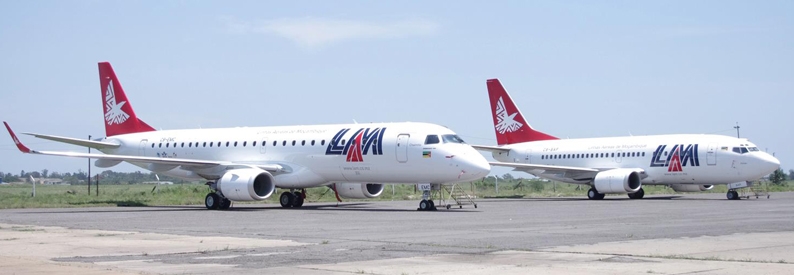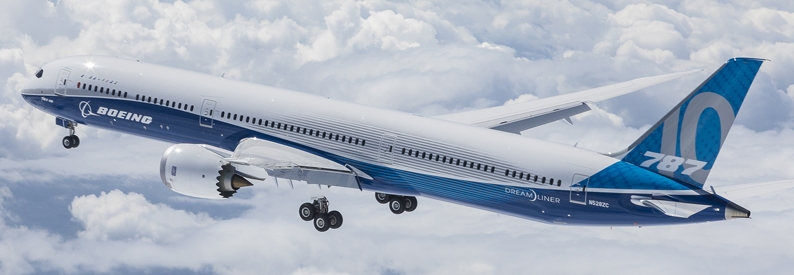Angola is withholding over USD500 million worth of unremitted ticket sales from foreign carriers IATA Director General, Alexandre de Juniac, has said.
Speaking during a visit to Luanda for Aviation Day last week, de Juniac said the organization had engaged the Angolan central bank to help deal with the backlog.
"To protect aviation's economic benefits, the government must categorize aviation among the high priority industry sectors and ensure that the accumulated backlog of funds, some USD535 million as at December, is cleared expeditiously, in full and at fair exchange rates. And, airlines need a stable policy environment so that they can be assured of the timely repatriation of funds going forward," he said.
"Together with the industry, IATA will continue to work closely with Angolan authorities to seek possible measures to make the funds available. We welcome the commitment made [...] by the Government to try to find a practical solution to release blocked funds in line with global standards and bilateral treaty obligations."
Last year, Emirates (EK, Dubai International) cited Luanda's lack of commitment to clearing what former TAAG Angola Airlines (DT, Luanda 4 De Fevereiro) CEO Peter Hill said was a USD160 million backlog in payments as one of the reasons for its decision to terminate a management agreement with state-owned TAAG. For its part, South African Airways (SA, Johannesburg O.R. Tambo) has attempted to use President Jacob Zuma as a conduit to help settle the arrears issue that has racked the Angolan economy since oil prices collapsed in 2014. Since then, the Angolan government has battled to counteract a widening budget deficit given reduced petroleum export revenues. In 2018, the Economist Intelligence Unit (EIU) expects the figure to decrease slightly from 6.9% in 2017, to 5.9%.
Among the operators most affected by the slide in the Angolan economy is TAP Air Portugal (TP, Lisbon). In 2017, the Portuguese carrier announced that in order to mitigate the impact of the depreciating Kwanza, more than half of the amounts deposited in Angola at the end of 2016, about EUR40 million, had been used to acquire Angolan treasury bonds.
"During 2016, Angola’s Treasury bonds were subscribed for a total amount of AOA6.9 billion (EUR39.654 million), corresponding to the original exchange rate of AOA165,074 kwanzas per dollar. These bonds have a maturity date of December 6, 2018, and are indexed to the US dollar," it said.
TAP used the remaining ticket sales to secure a USD20 million credit from an unspecified financial institution, which provided the carrier with the amounts withheld in Angola. The bank deposits stood as collateral on the loan obtained. Additionally, the aforementioned cash was also used to pay TAP's local operating expenses.
A total of nine African countries are suffering similar remittance return issues among them Zimbabwe, Nigeria, Sudan, and Egypt.
"Angola and other countries blocking funds are undergoing significant economic challenges. But blocking airlines' funds is not the answer. It is in everybody's interest to ensure that airlines are paid on-time, at fair exchange rates and in full," de Juniac added.
As a state-owned entity, TAAG has not been immune to the forex scarcity with the former Jose Eduardo dos Santos regime initiating reforms at the carrier in a bid to wean it off its dependence on government.
Although the restructuring plan was crafted during the Emirates management era, newly installed board chairman, José Kuvingua, has committed to streamlining the airline's workforce to more realistic levels.
"What costs TAAG the most is the cost of personnel, so we have too many workers for what we have, and we know that one of the great goals of the restructuring process is to adjust the size of our workforce," he was quoted by the Angop news agency.

